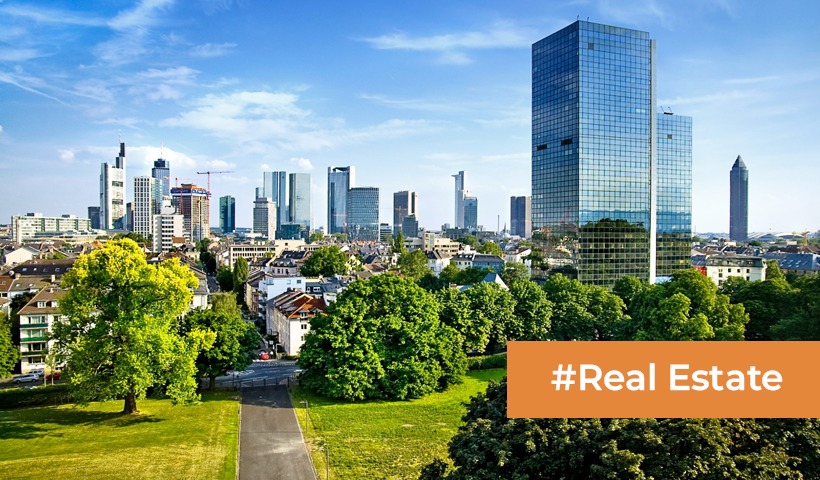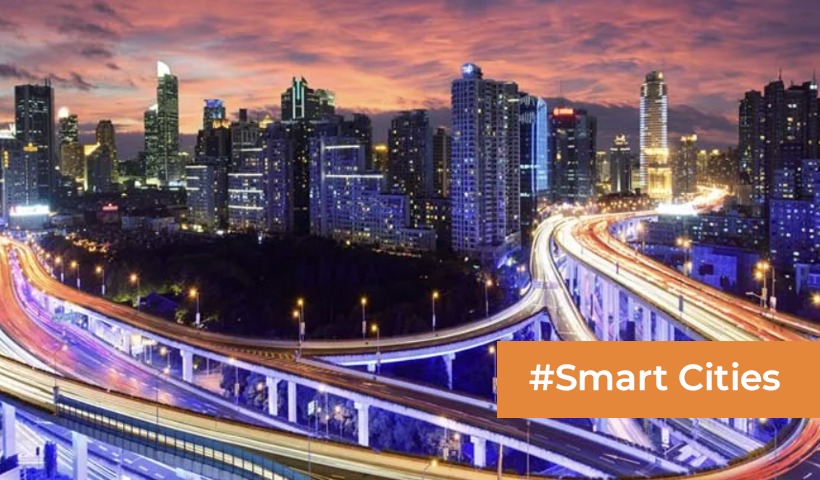Study: The real estate market in India is seeing extraordinary expansion and change
The Indian real estate sector is now witnessing a period of unparalleled expansion and tremendous transformation. A recent industry analysis identifies the fundamental reasons driving this transition and offers insight into the rising trends defining the Indian real estate environment. Let’s dive into the study’s results and consider the consequences of this astounding rise.
Rising Middle Class and Rapid Urbanisation: India’s rapid urbanization and rising middle class have spurred demand for residential and commercial buildings. As more people migrate to cities in quest of better prospects, the demand for housing, office space, and retail outlets has skyrocketed. This tendency has increased real estate transactions and investments in various urban areas.
Government programs: The Indian government has launched several programs to promote affordable housing and the real estate business. Schemes such as the Pradhan Mantri Awas Yojana (PMAY) and Housing for All have pushed developers to prioritize affordable housing developments, resulting in an increase in supply and affordability for homeowners. These measures have also resulted in substantial investments in the affordable housing sector.
Technological breakthroughs and digitization have revolutionized the real estate sector. Property searches, transactions, and paperwork have become more convenient and accessible thanks to online platforms, property portals, and mobile applications. Virtual tours, augmented reality, and blockchain-based solutions have increased transparency, expedited operations, and boosted consumer satisfaction.
Co-working and Flexible Spaces: The emergence of startups and the changing work culture have increased demand for co-working spaces and flexible office solutions. This tendency has given rise to new real estates concepts such as shared workplaces and serviced offices. Co-working spaces provide organizations with cost-effective solutions, encourage cooperation, and enable leasing agreement flexibility.
Sustainable and Green Structures: In India’s real estate market, there is a growing emphasis on sustainable and green structures. Eco-friendly elements, energy-efficient technologies, and renewable energy sources are being included in new construction projects. Green buildings not only have a lower environmental effect, but they also attract environmentally aware purchasers and renters, changing market dynamics.
Implications: The phenomenal expansion and developments in India’s real estate sector have serious consequences for a variety of stakeholders. With improved affordability and transparency, homebuyers and investors have a broader choice of alternatives and possibilities to explore. To remain competitive in a shifting market, developers must adapt to changing customer tastes, embrace technology, and prioritize sustainable practices.
The expansion of the real estate sector benefits the economy as a whole. It creates jobs, stimulates auxiliary sectors, and adds to the country’s GDP development. Furthermore, the increased emphasis on cheap housing satisfies the people’s housing requirements, supporting social welfare and inclusive growth.
The Indian real estate industry is seeing extraordinary growth and substantial changes as a result of urbanization, government efforts, technology, changing work culture, and sustainability. The report emphasizes the sector’s rising trends and variables, giving new potential for buyers, investors, and developers. As the market evolves, all stakeholders must embrace innovation, adapt to new dynamics, and support long-term growth and stability in India’s real estate sector.
Disclaimer: The views expressed above are for informational purposes only based on industry reports and related news stories. PropertyPistol does not guarantee the accuracy, completeness, or reliability of the information and shall not be held responsible for any action taken based on the published information.




